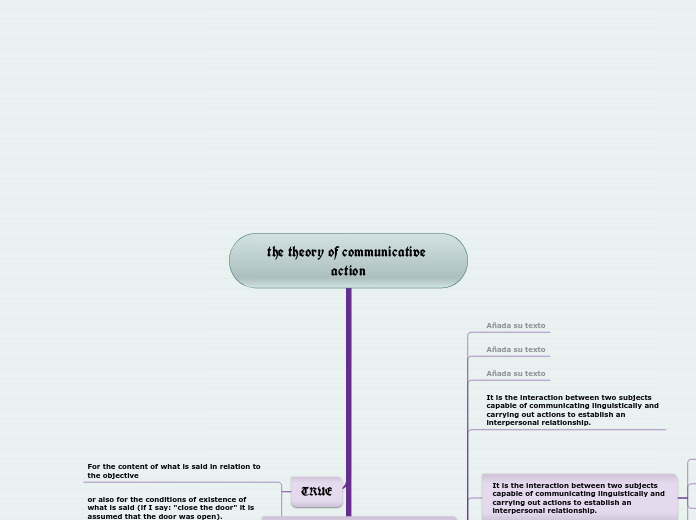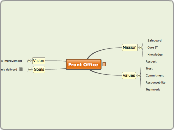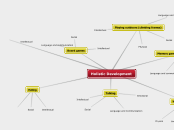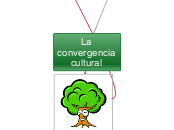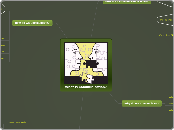af andres picon 2 år siden
158
the theory of communicative action
The theory of communicative action emphasizes the importance of four key assumptions in the process of communication: intelligibility, truth, rectitude, and veracity. These principles form the foundation for the validity of speech acts.
